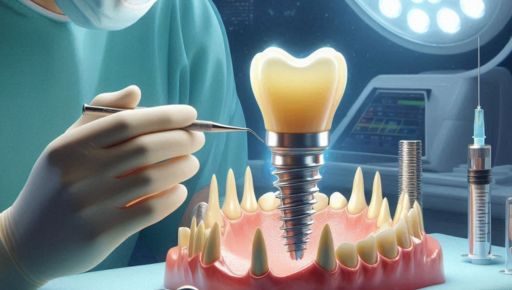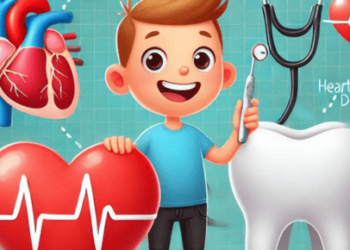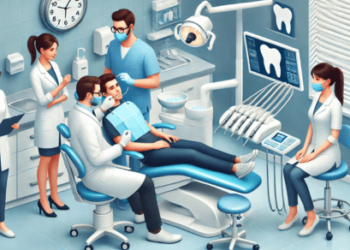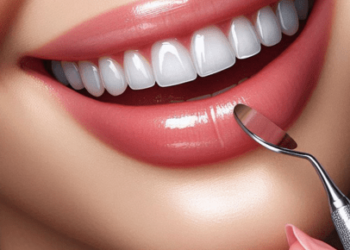
Everything happens so fast in Miil Creek – an accident, sports injury, an unforeseen fall, or trauma. In one moment, everything seems okay, and the next, a tooth gets severely damaged, and no other than tooth removal is the solution. Conventionally, the healing process or tooth replacement might take months, whether with dental implants or other dental restorative strategies. But there’s now a new option invented, known as immediate implants, which can escalate the process and recuperate your precious smile quickly. Mill Creek dentist has been performing this surgery for missing teeth, and they are happy to provide “teeth in an hour” to the ever-evolving collection of advanced restorative dental treatments. So, what is an immediate implant? Let’s discuss everything below!
Immediate Implants: Overview
Such an approach is placing a dental implant right after tooth removal. This lets dentists minimize the number of surgical processes, resulting in minimal treatment times. However, immediate implant placement might lead to a higher implant failure rate, inefficiency in predicting future soft & hard tissue levels, and challenges in obtaining the primary stability of the implant.
You must avoid mixing up immediate implants with same-day implants, also known as All-on-4, which involve the replacement of the whole arch of teeth. A quick implant means extracting a single root and tooth and placing the implant in a similar position, all in one process. The fractured tooth is extracted, and the tissue is adequately cleaned and prepared for placement. Once the process is done with the placement of a permanent crown, the healing process takes several weeks.
Are Immediate Implants Ideal for Everyone?
Although immediate implants are perfect for the maximum number of patients, the dentists in Mill Creek recommend that if you drink regularly, smoke, or have any oral health conditions, you must take a profound look into your oral foundation. The professional restorative dentists in Mill Creek can decide on your appropriateness instantly for treatment during a consultation. Below are some of the questions to ask your dentist:
- Do I have adequate bone for implant placement, or will some bone enhancement be needed?
- Will it be okay to place a temporary tooth on the implant?
- Do I have an infection?
- Will existing health problems, age, or treatments deter me from getting quick implants?
Immediate Implant: Pros
- Preserved gum tissues & bone – When a tooth is removed, the bone & gum tissue surrounding a tooth starts to decay. Immediate dental implant placement can aid in preserving these gum tissues and deterring further bone loss.
- Quicker treatment time – Treatment time can be significantly reduced with this surgery. With such a procedure, you can have a new tooth and a wholly restored function in your mouth in a single procedure instead of several appointments.
- Quick Restoration of function – Immediate dental implant placement lets you quickly restore function to your mouth, implying you can continue to eat, drink, and speak with enthusiasm.
Immediate Implant: Cons
- Not ideal for every patient – Immediate implants might not be the best surgery for some patients, mainly those with existing oral health concerns, such as a compromised immune system or gum disease.
- Risk of implant defeat – There may be a greater likelihood of implant failure with immediate placement. This can jeopardize the structural strength of the implant and raise the risk of spreading infection because it is positioned in an area that has not yet wholly recovered.
Conclusion
Immediate implant surgery must be determined in consultation with your dental professional. Leading factors, including your oral health, the missing tooth’s area, and overall health, must be considered while deciding on this approach.













